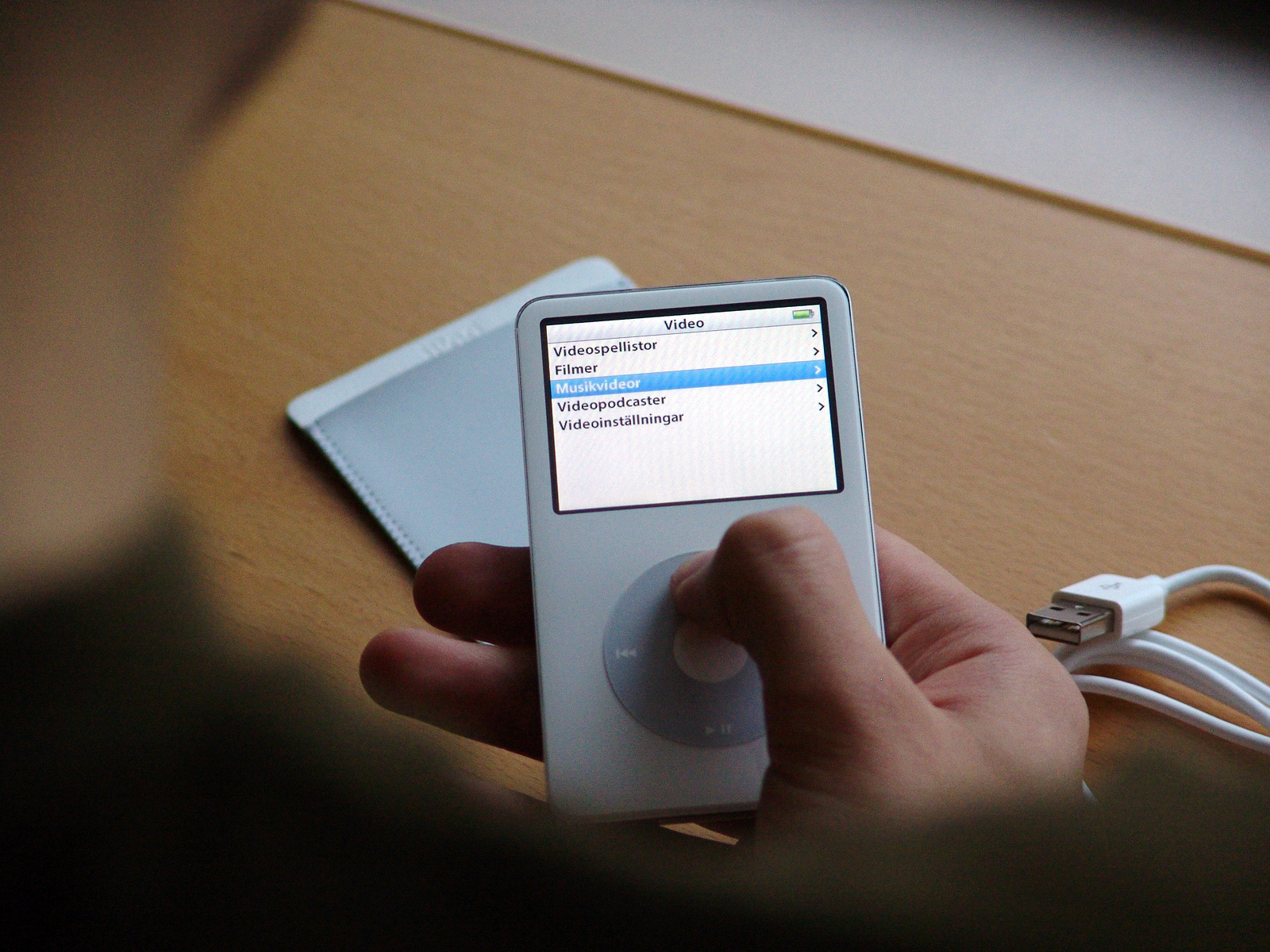Apple recently announced that the iTunes service will be dismissed after 18 years. It came as a shock for millions of Apple users throughout the world, as iTunes is one of the most successful and influential of Apple’s services. Notwithstanding, many were expecting the move ever since the launch of Apple Music in 2015. Many of the devices sold to mResell, the apple refurbished UK online store include iTunes, as mResell’s employees find out while assembling the devices and making them ready to be sold again (the store grants a 12-month warranty for its second-hand products).

iTunes store

The closing of iTunes doesn’t mean the iTunes store is going away. Apple is keeping it for people wanting to buy and download content the old-fashioned way. Not only music, but also TV programmes and films. A move that makes sense for those who have been using iTunes over the last 18 years and are not interested in changing their habits. Apple would not gain anything by slashing this option from its longtime clients. Things like Spotify and Musically are usually for younger people. Musically is especially strong among those who weren’t born when iTunes appeared.
Why did Apple make this decision?
According to The Guardian, Craig Federighi, Vice President of software engineering at Apple, said that iTunes had so many components that was starting to look like a mini operating system. Splitting its functions allows each of the three “heirs” (TV, Podcasts and Music) to perform smoother than iTunes could do, at present and into the future.
Moreover, the online music market has definitely changed from download to streaming. Ever since its inception, Spotify has been increasingly successful. In 2017, Spotify had almost twice the number of paid subscribers than Apple Music, and a new large platform – Tidal, from Jay-Z – was trying to get its share of the market. The digital download got so low that was even overtaken by physical sales in December 2016 (thanks to the vinyl fever).
The legacy
Launched on January 9th, 2001, iTunes instantly became the benchmark for online music stores. More than a piece of software or a Napster competitor, iTunes was an attractive consumer product, with the beauty and simplicity that Steve Jobs was starting to implement on Apple’s products. The effect was reinforced when Apple introduced the option of legally buying and downloading music tracks in 2003.
According to The Guardian, both Sony and Microsoft considered launching their versions of online music stores at the time. Eventually, both felt that they could not match Steve Jobs’ effort, at least replicating the business model of digital music download. That place in history was reserved for Spotify and a new business model, based on streaming.





